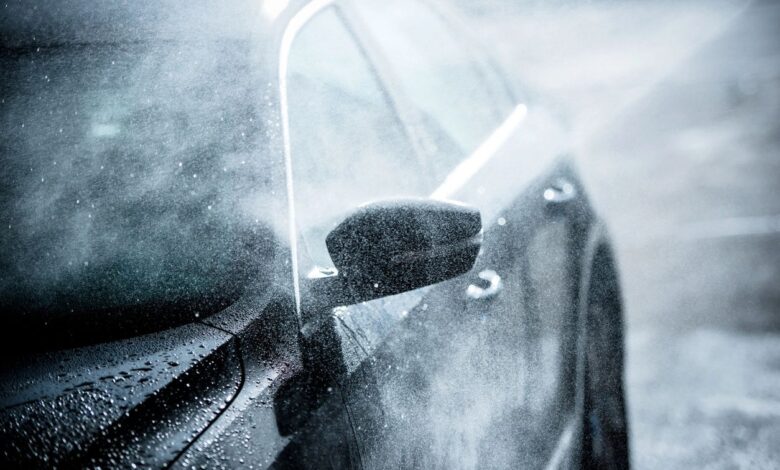10 Things to Look Out for Before Buying an Accident-Damaged Car in South Africa

Purchasing a used car can be an economical choice, but it also comes with risks. One particular risk is buying an accident-damaged car, which can lead to significant financial and safety issues if not properly assessed. In South Africa, where road accidents are unfortunately common, it is crucial to be extra vigilant when considering such purchases. To help potential buyers navigate this tricky terrain, we have compiled a list of 10 essential factors to consider before buying an accident-damaged car in South Africa.
- Vehicle History Report:
Begin your evaluation by obtaining a comprehensive vehicle history report. This report provides information on previous accidents, damage, and repairs undertaken on the car. By scrutinizing this document, you can gain insights into the extent of the damage, repairs performed, and potential underlying issues.
- Inspection by a Professional Mechanic:
Before making any purchase decision, it is crucial to have the accident-damaged car inspected by a trusted and experienced mechanic. They can identify hidden damage, poor repairs, and potential safety hazards that may not be evident to an untrained eye.
- Structural Integrity:
Check the car’s structural integrity thoroughly. Look for signs of uneven gaps between body panels, mismatched paintwork, or any visible signs of repair. These could indicate a compromised structural integrity that may affect the car’s safety in the event of another collision.
- Frame and Chassis Damage:
Inspect the vehicle’s frame and chassis for any signs of bending, twisting, or welding. These are red flags and could indicate severe damage that might compromise the car’s overall stability and safety.
- Airbag Deployment:
Check if the airbags have been deployed and subsequently replaced after an accident. A deployed airbag suggests a significant impact, and replacing them can be an expensive endeavor. Ensure the replacement was done by a reputable technician.
- Electrical and Mechanical Components:
Thoroughly inspect the car’s electrical and mechanical components. Verify if all the lights, indicators, air conditioning, central locking, and other systems are in proper working condition. Faulty electrical and mechanical components can lead to costly repairs down the line.
- Insurance and Warranty:
Check whether the vehicle has a valid insurance policy and if it qualifies for an extended warranty. These additional protections can offer peace of mind and safeguard your investment against unexpected expenses.
- Tyre Condition:
Inspect the tyres for uneven wear patterns, bulges, or cracks. Uneven wear may indicate alignment or suspension issues, while bulges and cracks could signify possible structural damage. Replacing all four tyres can be a considerable expense, so factor that into your decision-making.
- Ownership and Registration:
Verify the car’s ownership documents and cross-check them with the seller’s identification. Ensure that the vehicle’s registration is up to date, and there are no outstanding fines or penalties attached to it.
- Price Evaluation:
Lastly, conduct a thorough market analysis to determine whether the asking price aligns with the vehicle’s condition and accident history. Remember that an accident-damaged car will usually have a lower resale value, and repairs may have an impact on its long-term reliability.
Purchasing an accident-damaged car in South Africa requires diligent research and careful evaluation. By considering the factors mentioned above, conducting a thorough inspection, and seeking expert advice, you can make an informed decision and mitigate the risks associated with buying such vehicles. Always prioritize safety and consider the long-term costs before finalizing any purchase.




